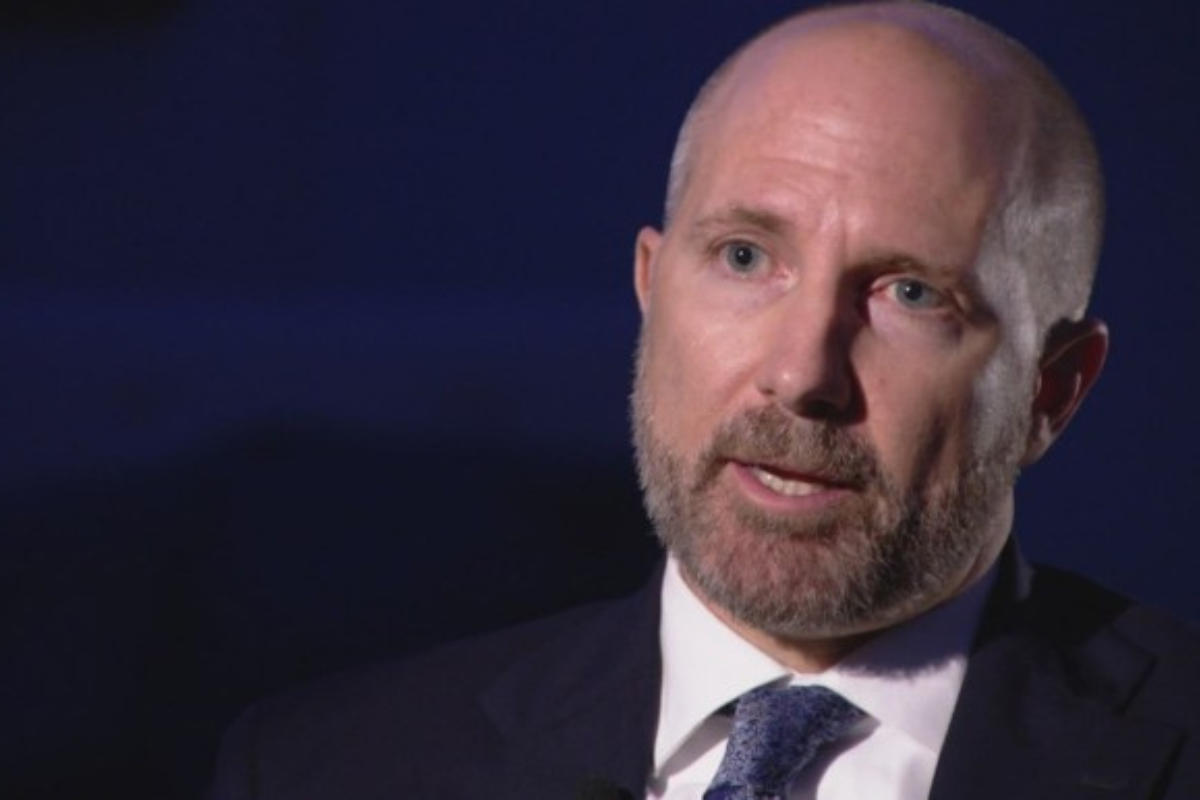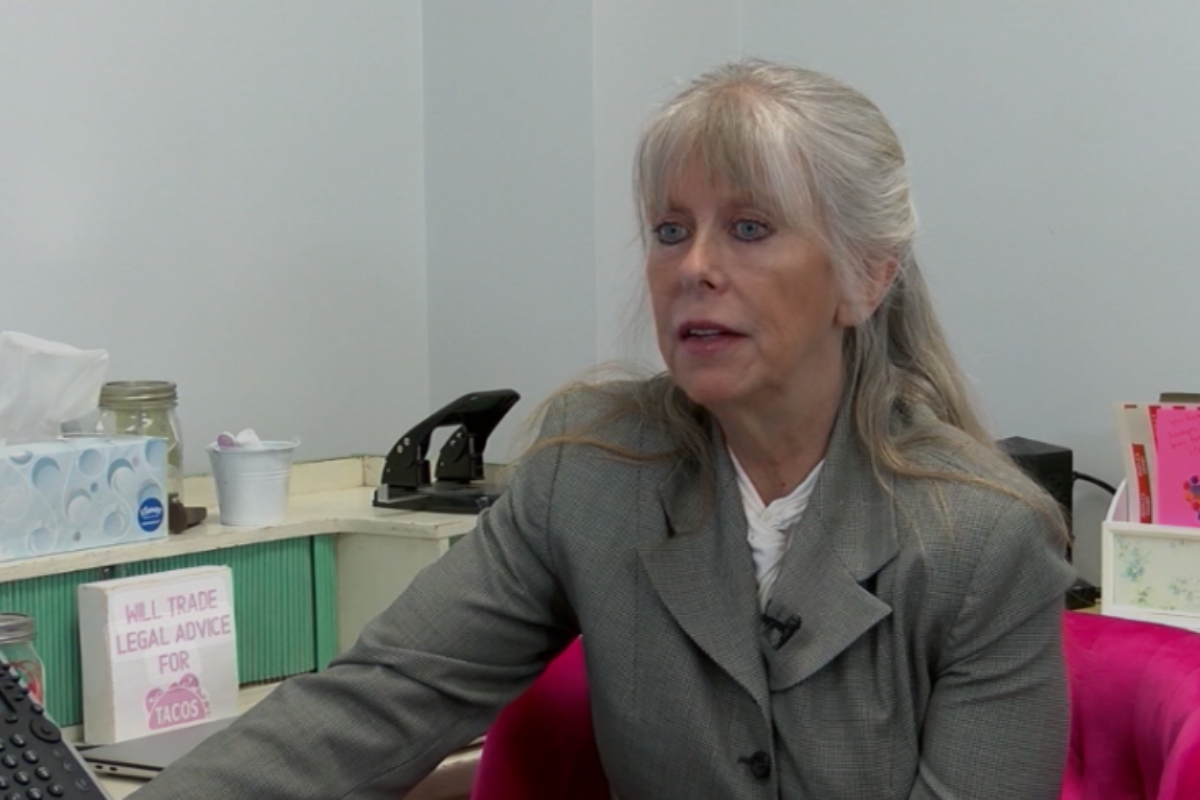
Image Credit: (Boston Police News)
Prosecutorial Misconduct | Barry Morphew Case
A Case Undone: How Prosecutorial Errors Sank the First Morphew Trial
The first attempt to prosecute Barry Morphew for the presumed murder of his wife, Suzanne Morphew, collapsed under the weight of its own errors. In April 2022, Judge Ramsey Lama dismissed the case without prejudice after finding that the 11th Judicial District Attorney’s Office had repeatedly mishandled critical evidence and violated court orders.
From failure to disclose potentially exculpatory DNA evidence to procedural errors that undermined the defense’s ability to prepare, these prosecutorial missteps not only derailed the case but also fueled public debate over whether justice was being served—or obstructed.
Flip through the cards below to see where the prosecution faltered—and how the judge’s rulings changed the course of justice.
Withholding of Exculpatory DNA Evidence
Prosecutors failed to disclose unknown male DNA found on critical items like Suzanne’s car, bike, helmet, and dryer sheets. This DNA was later matched in the national CODIS database to unsolved sexual assault cases in other states—an obviously exculpatory thread that suggested another person could be involved.
Judge's Response
Judge Ramsey Lama deemed this a serious discovery violation and sanctioned the prosecution by excluding 14 of their 16 expert witnesses.
What this means: Transparency in discovery isn’t optional. One hidden report can cripple an entire case.
Discovery Violations and Misleading Court Representations
There was a “continuing pattern” of missed deadlines and failure to comply with court orders. Prosecutors repeatedly failed to produce key materials:
🔴Data from Barry’s vehicle computer
🔴Phone ping records contrary to prosecutorial assertions
🔴Forensic reports from dog handlers that were inconsistent with prosecution claims
Judge's Response
Judge Lama criticized this behavior as “sloppy,” “reckless,” and bordering on reckless mismanagement.
What this means: Sloppy case management isn’t just embarrassing—it invites sanctions that neuter a prosecution team.
Premature and Politically Charged Arrest
Evidence later surfaced suggesting key investigators, including CBI Agent Joseph Cahill, believed the 2021 arrest was premature and ill-timed. Defense motions and internal documents characterized the arrest as the “worst” possible decision, spurred by intense media scrutiny and public pressure.
Fallout
What we can learn: Rushing to arrest to satisfy the public or press can be catastrophic when key evidence is still in flux.
Ethical Lapses by Leadership
District Attorney Linda Stanley was accused of improper public comments—including participating in true crime podcasts—potentially prejudicing the jury pool.
She also reportedly failed to provide leadership: prosecutors lacked staff and key assignments, and her office received multiple formal complaints, including one from her own judge.
Fallout
What this means: A DA’s public words carry heavy weight. When leadership falters, the whole case wobbles.
Legal Fallout & Dismissal
April 2022: Judge Lama barred nearly all prosecution experts from testifying due to discovery failures
Immediately after: The DA’s office voluntarily dropped the charges without prejudice, acknowledging they couldn't proceed under those conditions.
Judge's Response
Stanley faced disciplinary hearings; she was later disbarred from handling the case, and Barry’s subsequent civil lawsuit—a $15 million malicious prosecution claim—was ultimately dismissed, although a federal judge and regulatory bodies recognized the “unwise” and ethically questionable behavior.
What this means: Once trust in the prosecution is lost, even ironclad evidence can sink in credibility quicksand.
The Day the Case Crumbled

Image Source: Fox 21 News Colorado
In the end, it was the withholding of exculpatory DNA evidence that proved to be the prosecution’s undoing. When Judge Lama ruled this a serious discovery violation and barred 14 of their 16 expert witnesses, the case effectively collapsed. With their key testimony excluded and no path forward, the District Attorney’s Office was forced to dismiss all charges against Barry Morphew without prejudice on April 19, 2022.
The ripple effects didn’t stop there. District Attorney Linda Stanley, who oversaw the case, faced disciplinary proceedings for her role in the mishandling of evidence and her public commentary about the trial. Ultimately, she was barred from prosecuting Morphew in any future proceedings and came under the scrutiny of Colorado’s Office of Attorney Regulation for her ethical lapses and leadership failures.
To add another twist— in March 2025, a judge ordered Stanley to reimburse Fremont, Custer, and Chaffee counties over $300,000, after finding she improperly used taxpayer money to cover her own legal fees during the ethics trial. This trial was not only regarding the Morphew case but also other cases that ultimately led to her disbarment.
These missteps weren’t mere technical errors—they reshaped the trajectory of a high-profile murder investigation and raised serious questions about prosecutorial accountability in Colorado’s justice system.
In the 2025 indictment, prosecution notes that only three individuals could even remotely fit the DNA profile—and none of them were involved in Suzanne’s death.
Related Articles
Luigi Mangione Death Penalty Dropped, Reshaping Prosecution Strategy
A judge has removed the death penalty as a sentencing option in the case against Luigi Mangione, delivering a major win for the defense and significantly narrowing the scope of the prosecution. The ruling eliminates the most severe potential punishment Mangione faced...
Neo Langston Arrested for Failure to Appear as LA Witness
Neo Langston was arrested in Montana this week on a Los Angeles Superior Court warrant for failure to appear as a witness, according to Lewis and Clark County Jail records. Montana authorities confirmed they were assisting the Los Angeles Police Department’s...
Hold On a Minute: What Media Is Saying About Nick Reiner
There has been exactly two real developments in the Nick Reiner case: a change in attorneys and a new arraignment date set. That’s it. No evidence dump.No discovery.No probable cause affidavit released.No forensic details confirmed on the record. And yet somehow —...

